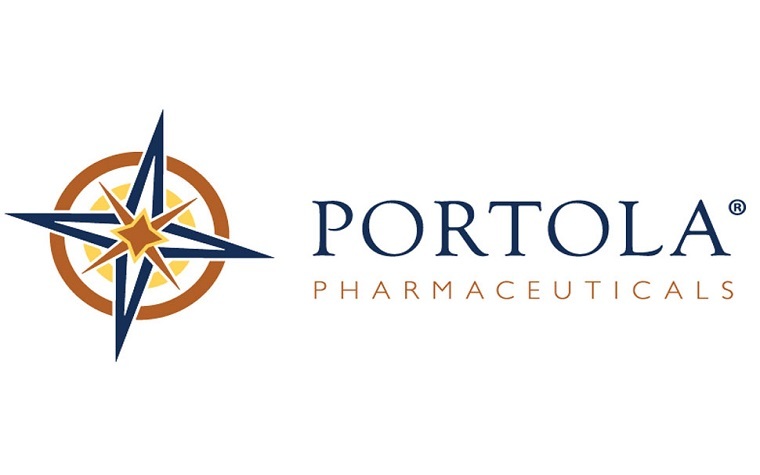Portola Pharmaceuticals issued the following announcement on June 4.
Portola Pharmaceuticals, Inc.® (Nasdaq:PTLA) today announced new interim results from the Company’s ongoing Phase 2a study of cerdulatinib, an investigational, oral SYK/JAK inhibitor, in patients with specific subtypes of B-cell and T-cell Non-Hodgkin Lymphoma (NHL), including relapsed/refractory follicular lymphoma (FL) and peripheral T-cell lymphoma (PTCL), and chronic lymphocytic lymphoma/small lymphocytic lymphoma (CLL/SLL). The data will be presented today by Paul Hamlin, M.D., medical director for the David H. Koch Center for Cancer Care at Memorial Sloan Kettering Cancer Center, during a Poster Discussion Session at the 2018 American Society of Clinical Oncology (ASCO) Annual Meeting in Chicago (June 1-5). Data from this ongoing study also will be presented during a Poster Presentation Session at the 23rd Congress of the European Hematology Association (EHA) in Stockholm (June 14-17).
Among the 114 patients enrolled across five cohorts, 101 were evaluable as of May 4, 2018. The objective response rate (ORR) across all tumor types was 47 percent, with demonstration of clinical activity across tumor types and a new signal in the PTCL and cutaneous T-cell lymphoma (CTCL) cohorts.
Seven of the 20 patients in the PTCL cohort achieved a complete response (CR), including:
- Five out of seven with angioimmunoblastic T-cell lymphoma (AITL), for an ORR of 71 percent.
- Two out of eight patients with PTCL not otherwise specified (PTCL-NOS), for an ORR of 25 percent.
Five of the seven responding PTCL patients remain on study drug, including one at 12+ months and one at 9+ months. Of the remaining two patients, one received a bone marrow transplant after achieving CR and one discontinued due to Grade 3 colitis. All patients were previously on at least three prior therapies, including belinostat, pralatrexate and romidepsin. Additionally, data demonstrate an initial signal in CTCL, with the first patient enrolled achieving a CR.
Cerdulatinib also showed consistent activity among the 35 patients with FL, with an ORR of 46 percent and a median duration of response of eight months or more. Among the 28 patients with CLL/SLL, the ORR was 61 percent. All patients in these cohorts were previously on at least three prior therapies.
Cerdulatinib was generally well-tolerated. The most common serious adverse events occurring in ≥10 percent of patients were: lipase increase (18 percent), neutropenia (17 percent) and pneumonia/lung infection (11 percent). Additionally, five deaths due to sepsis or septic shock (three of which were concomitant with pneumonia) were considered related to study drug. These occurred primarily in patients with CLL/SLL.
“Cerdulatinib continues to demonstrate promising results across a wide range of B- and T-cell malignancies, including early indications of the potential for durable responses,” said Dr. Hamlin. “The new signals in relapsed/refractory PTCL and CTCL are particularly compelling when you consider the limited treatment options for patients that fail front-line therapy. I am encouraged by these data and the potential of cerdulatinib to provide a significant clinical benefit to a group of patients with limited treatment options.”
“These interim results provide evidence for cerdulatinib’s unique mechanism of action of possibly disrupting two key cell signaling pathways, and its potential to control relapsed/refractory B-cell and T-cell malignancies in combination with standard and investigational therapies,” said John Curnutte, M.D., Ph.D., executive vice president, research and development of Portola. “We look forward to continuing discussions with the U.S. Food and Drug Administration regarding next steps for the development of cerdulatinib, including the potential for an accelerated approval pathway in the U.S. for certain tumor subtypes.”
Original source can be found here.









 Alerts Sign-up
Alerts Sign-up